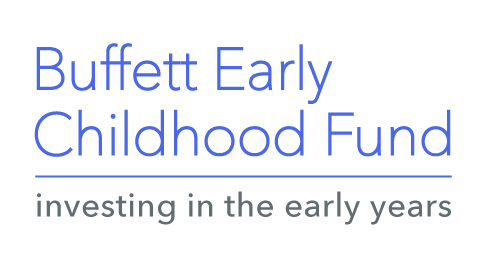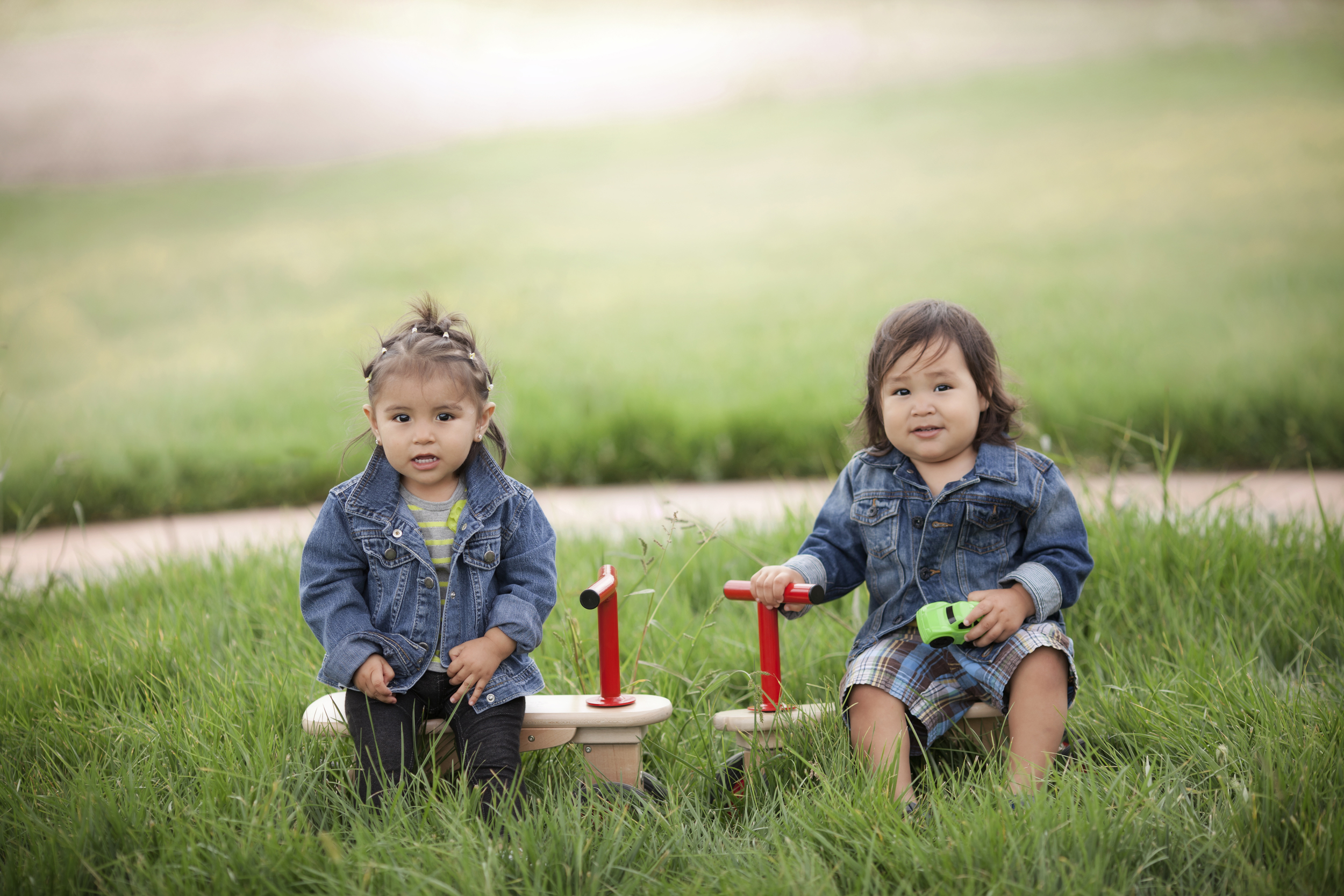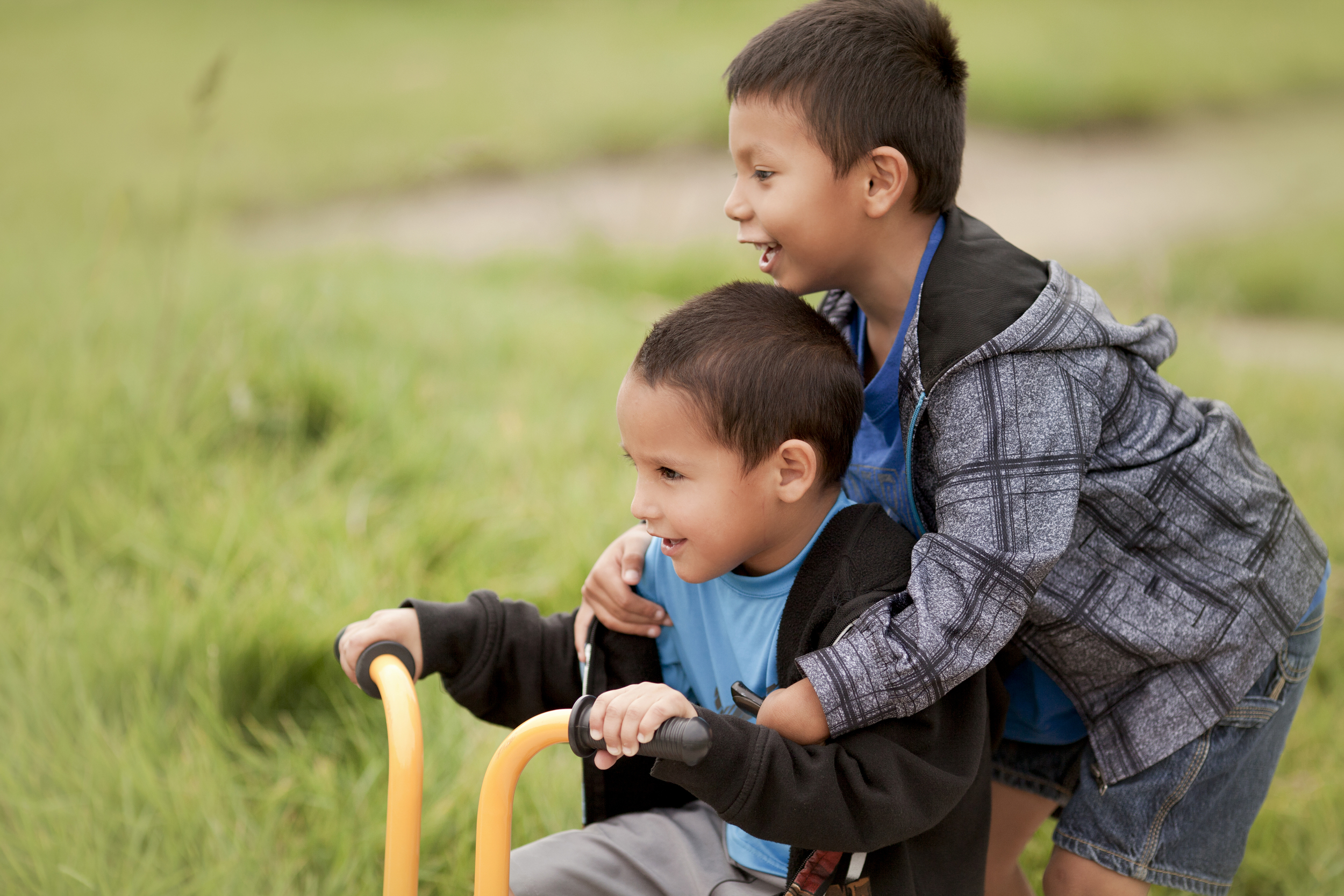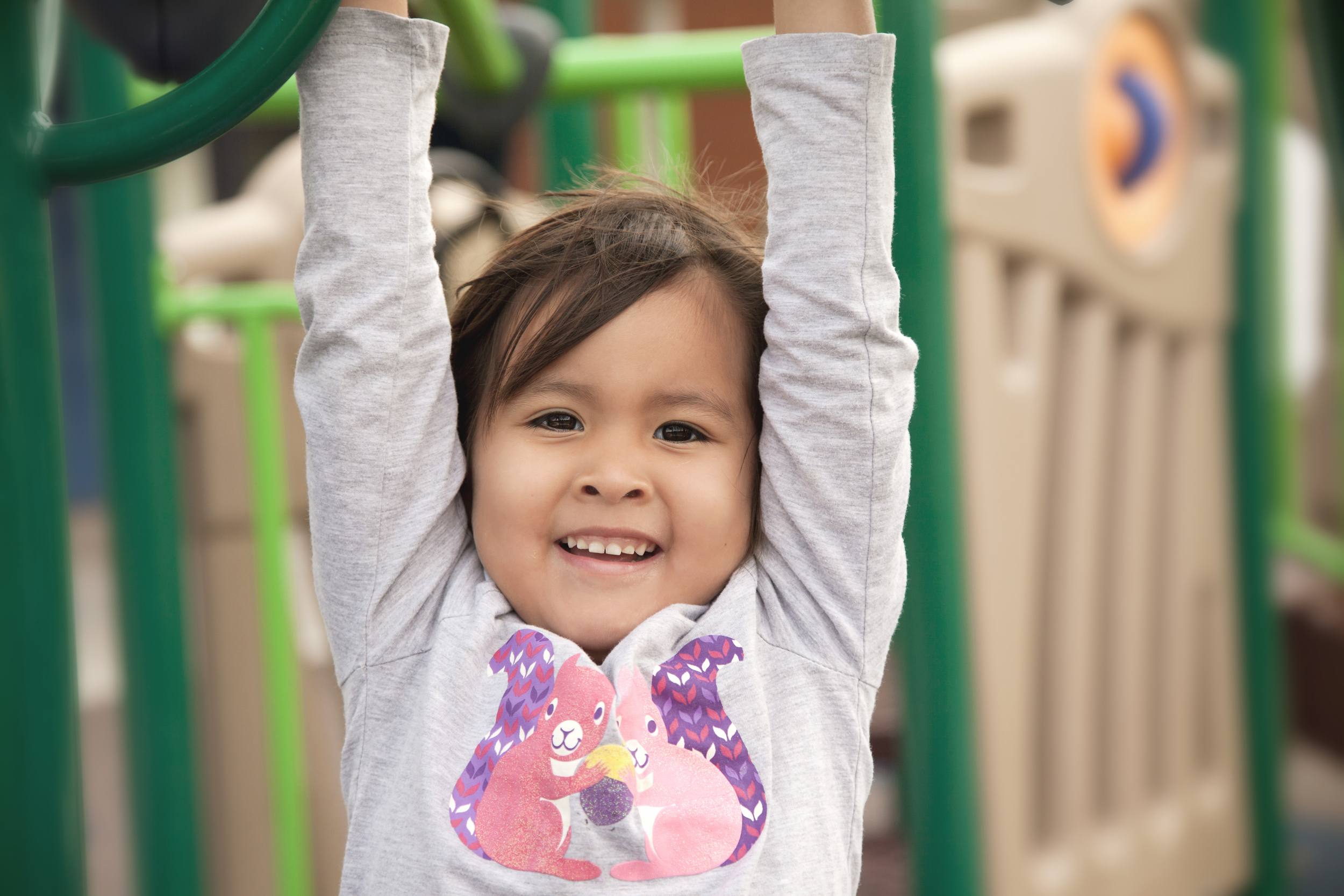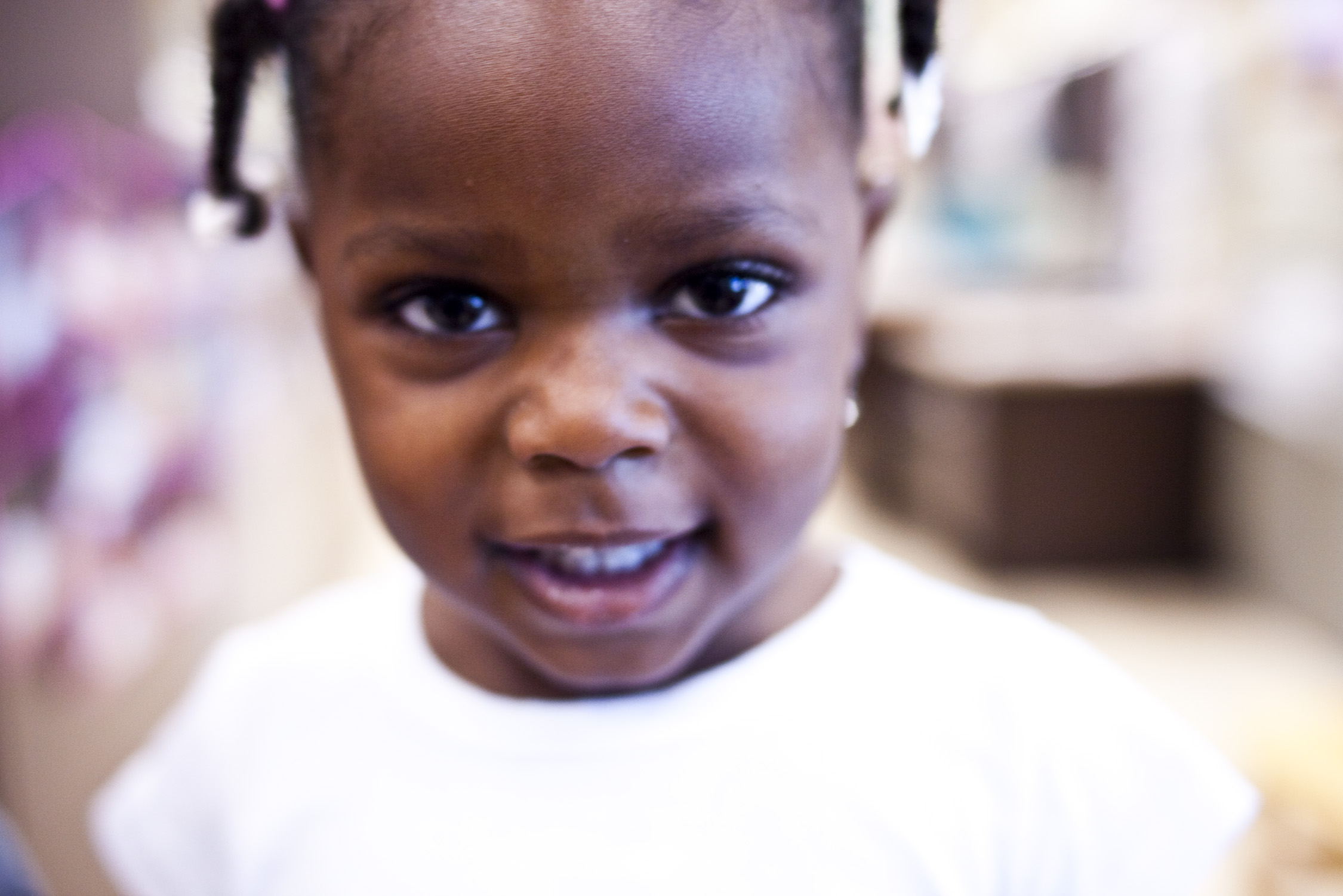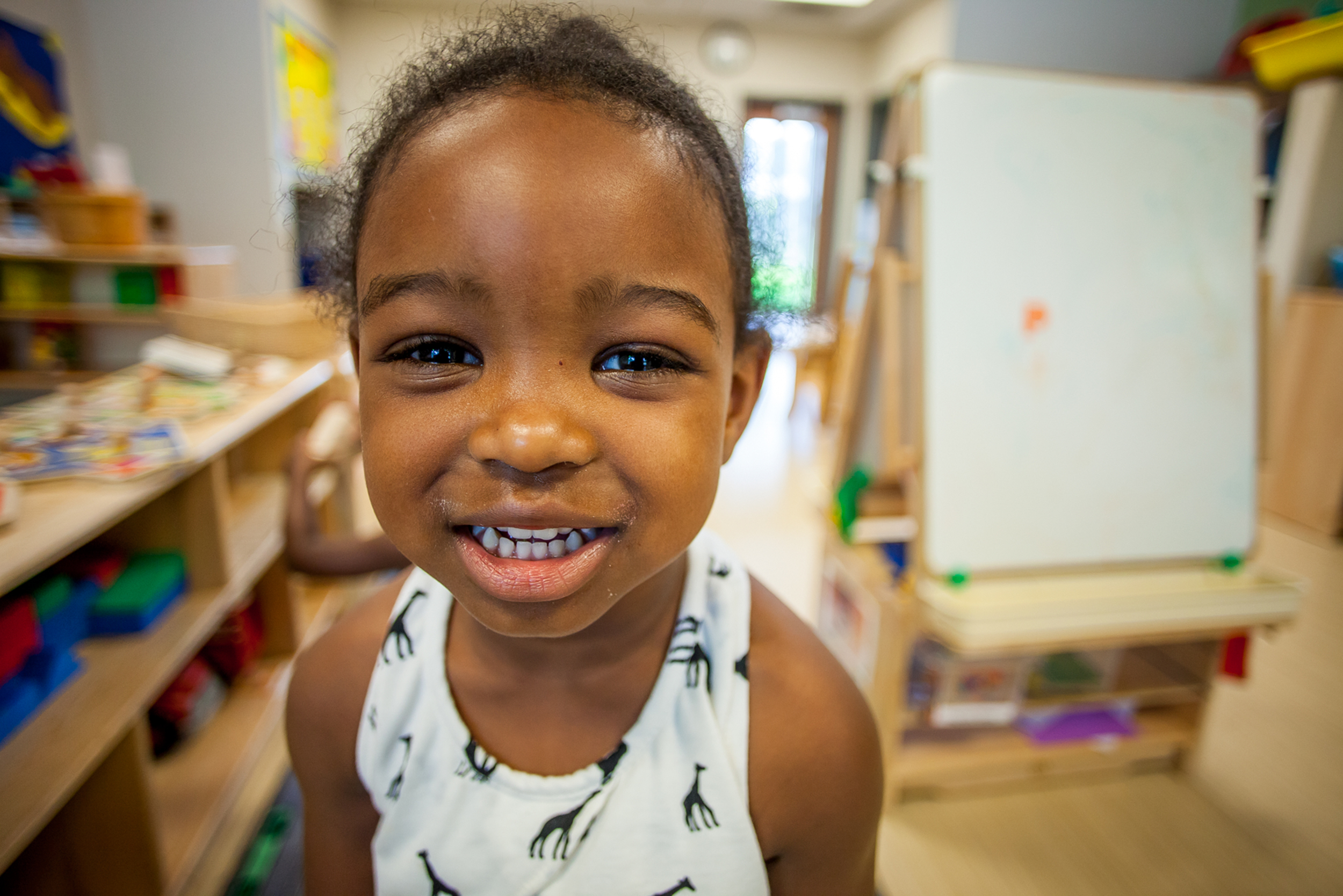equal opportunity is the great american promise
As a country we have looked to education as a road to equal opportunity — as a path to gaining knowledge, developing skills and learning behaviors that prepare children to do well as students, workers and citizens throughout life. Of course, family and community have the greatest influence on how children grow up. But education is the way we, as a nation, attempt to level the playing field for all children and families. Education is how we traditionally try to make good on the great American promise.
Here´s the problem: Too many children arrive at Kindergarten already behind. What´s worse, far too many children keep falling further behind — and never catch up.
By the time a child enters Kindergarten, she or he already has been learning for 5 or 6 years. In fact, sound science and everyday experience show that children are born learning. However, our country's policies, programs and practices typically don´t take this knowledge seriously. Instead, we wait to respond to a child´s earliest learning until the first day of school. Is that really too late? Yes. Because the achievement gap we struggle to narrow in elementary school and too often fail to close in high school is actually an "opportunity gap" rooted in those very early years.
Investing in the early years makes sense. Investing in the early years — beginning at birth and even before, and focusing first on those children and families who face the greatest risks — is a responsible way to shift the odds so more children will grow up eager to learn, ready for school and inspired with hope. Investing in the early years pays great dividends — and is also just the right thing to do. After all, the great American promise of equal opportunity is a promise worth keeping.
Susan A. Buffett
Omaha, Nebraska
